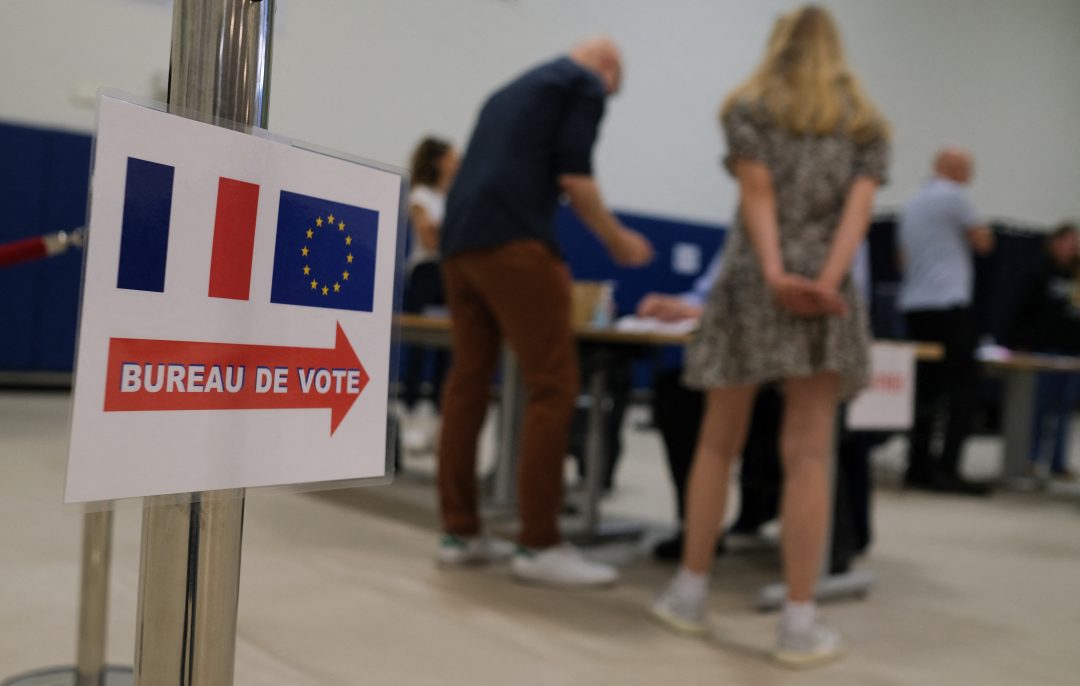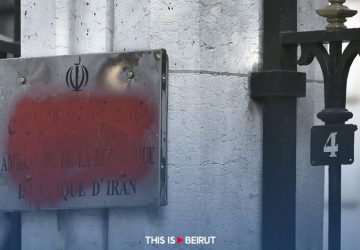France heads to the polls, on Sunday, in a high-stakes election, that sees the far-right National Rally party on the cusp of power.
French people voted on Sunday in the first round of high-stakes snap parliamentary elections which could alter France’s trajectory and see the far-right party of Marine Le Pen take power in a historic first.
President Emmanuel Macron stunned the nation by calling snap polls after the far-right National Rally (RN) party’s strong showing in European Parliament elections this month.
Support for the anti-immigration and eurosceptic party has surged despite Macron’s pledges to prevent its ascent.
The two-round vote could put the far-right in power in France for the first time since the Nazi occupation in World War II.
Polling stations opened across mainland France at 8:00 am (0600 GMT) and will close 12 hours later, immediately followed by projections that usually predict the result with a degree of accuracy.
Macron and his wife Brigitte cast their ballots in Le Touquet in northern France.
On Monday, the French president plans to convene a government meeting to decide the next course of action, sources have told AFP.
Most polls show the RN party on course to win the largest number of seats in the National Assembly, parliament’s lower house — although it remains unclear if it will secure an outright majority.
Final opinion polls have given the RN between 35 percent and 37 percent of the vote — against 27.5-29 percent for the left-wing New Popular Front alliance, and 20-21 percent for Macron’s centrist camp.
If the RN obtains an absolute majority, party chief Jordan Bardella, Le Pen’s 28-year-old protege with no governing experience, could become prime minister in a tense “cohabitation” with Macron.
Many analysts say that France is facing a hung Assembly, which could lead to deadlock and political instability.
‘Fight against hatred’
As of noon, turnout in mainland France stood at 25.90 percent, an increase from the 18.43 percent recorded in legislative elections in 2022.
The shape of the new parliament will become clear after the second round on July 7.
Voters in France’s overseas territories had cast ballots earlier in the weekend.
Electors lined up to cast ballots in France’s Pacific territory of New Caledonia, where tensions remain high following deadly riots there last month.
Former president Nicolas Sarkozy, Greens party leader Marine Tondelier and former prime minister and Macron ally Edouard Philippe were among the first high-profile politicians to vote.
Philippe, the mayor of Le Havre in northern France who has made little effort to hide his ambitions for the presidency, was seen smiling and chatting to locals.
Spike in hate speech
Many have pointed to a spike in hate speech, intolerance and racism during the charged campaign. A video of two RN supporters verbally assaulting a black woman has gone viral in recent days.
Macron has deplored “racism or anti-Semitism”.
He apparently hoped to catch political opponents off guard by presenting voters with a crucial choice about France’s future, but observers say he might have lost his gamble.
Support for Macron’s centrist camp appears to have collapsed, while left-wing parties put their bickering aside to form the New Popular Front, in a nod to an alliance founded in 1936 to combat fascism.
Analysts say Le Pen’s years-long efforts to clean up the image of a party co-founded by a former Waffen SS member have been paying off.
Adrien De Calan, with AFP





